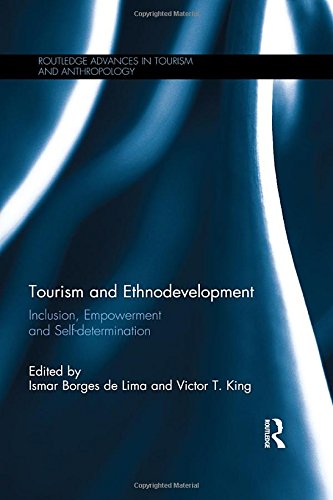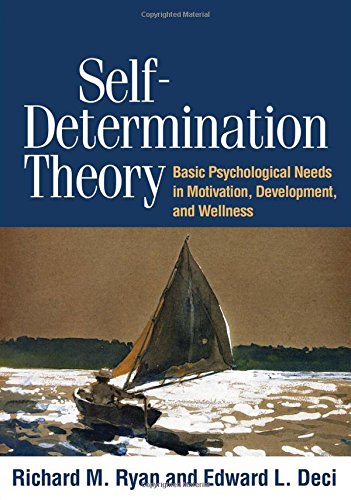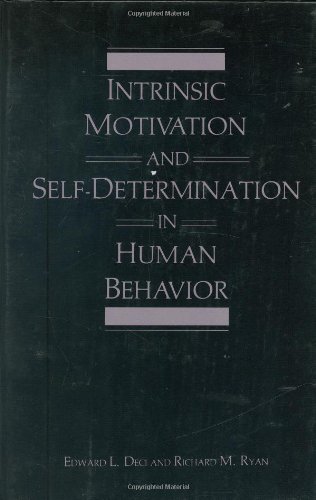
Ethnodevelopment is a well-established concept in the field of development studies. Despite its relevance to tourism initiatives and processes in the Global South, it continues to be an underutilised concept in the field.
This book bridges this gap, presenting an original conceptual framework to study the relationship between tourism and ethnodevelopment. It focuses on the processes of inclusion, empowerment, self-expression and self-determination to explore the effects of tourism initiatives on the identities, cultural resilience, livelihoods and economic opportunities of ethnic minority communities. Chapters explore a range of concepts and issues such as gender, authenticity, indigenous knowledge, tradition, the commodification of culture, community-based tourism, local entrepreneurship, cultural heritage, and tourism and the environment. Drawing on rich primary research conducted across South East Asia and South and Central America the book offers detailed evaluations of the successes and failures of various tourism policies and practices.
This book makes a valuable contribution for students, scholars, practitioners and policy-makers alike interested in tourism, development studies, geography and anthropology.





